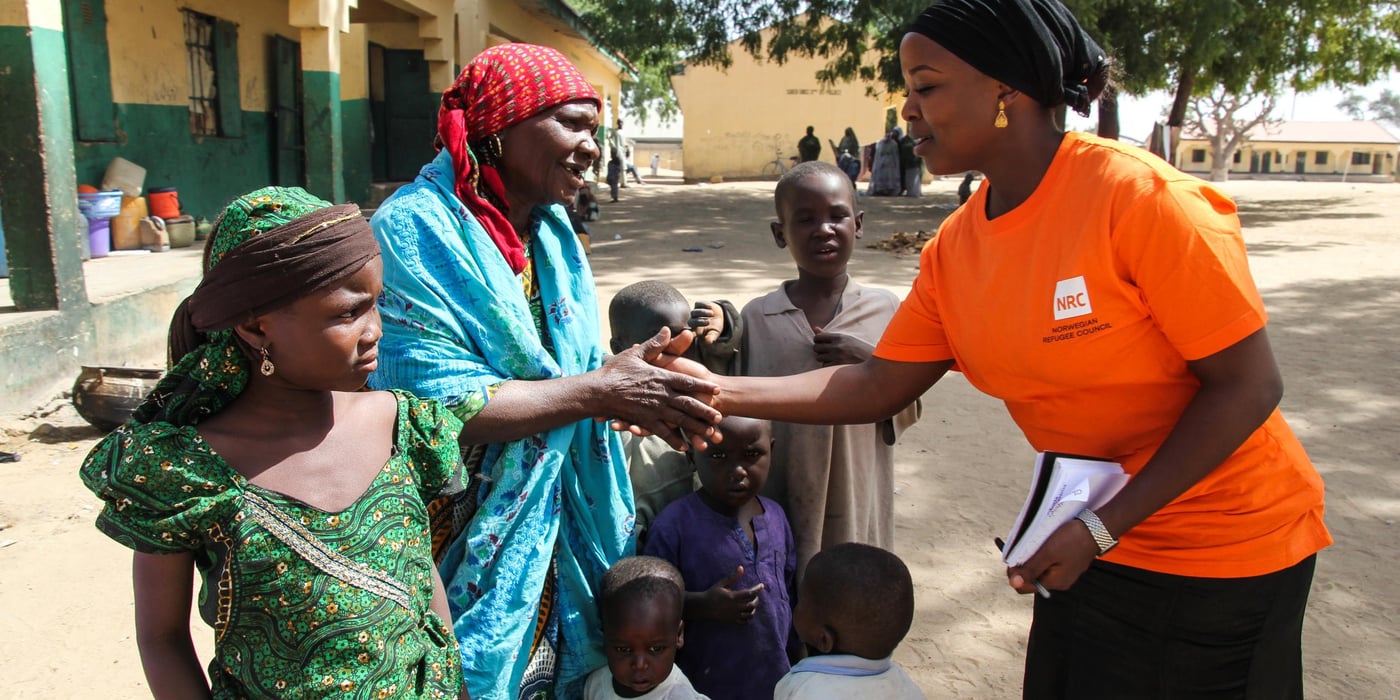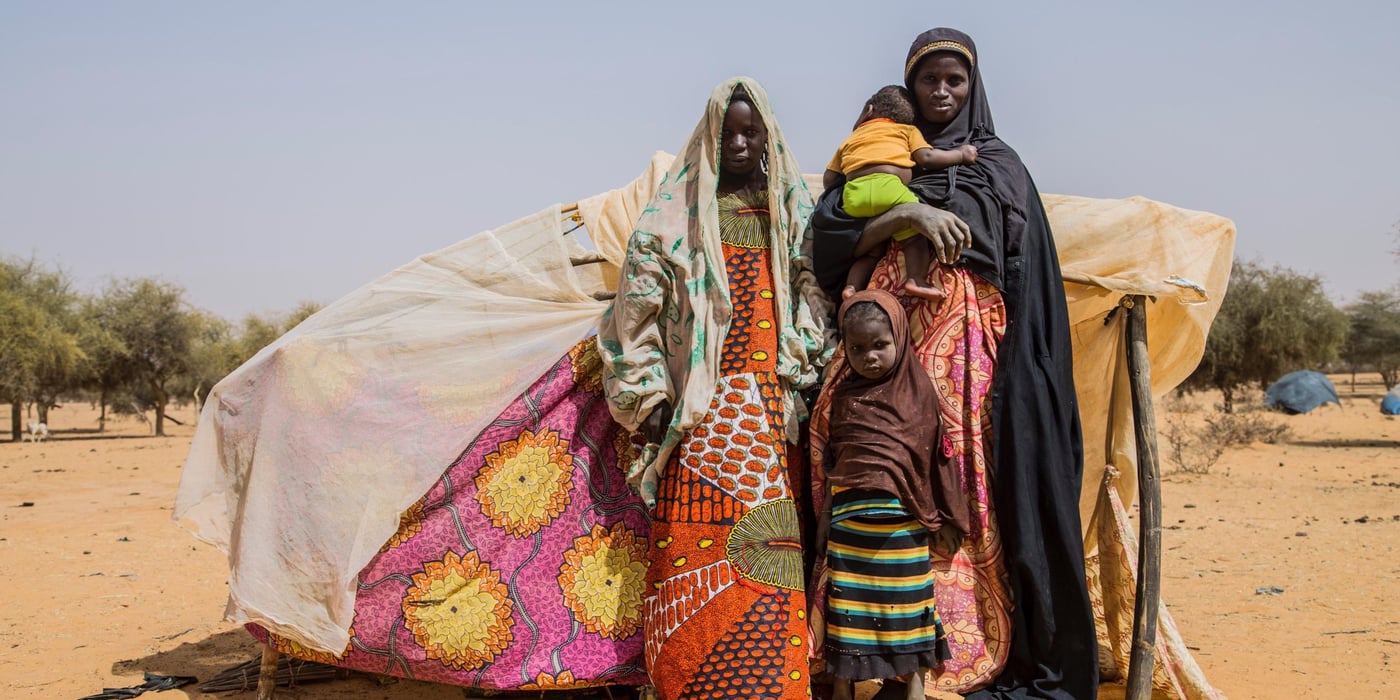
The crisis in north-eastern Nigeria precipitated by the Boko Haram insurgency since 2009 has affected 24.5 million people. Around 2.2 million people have fled to villages in north-eastern Nigeria. More than half the them are children. 4.5 million people are reported to be in need of humanitarian assistance, and there are large unmet needs for aid in the country.
“The crisis in Nigeria has been underreported and underserved. While Nigeria is an oil exporting country, it is also a country of extreme inequality - in the areas where Boko Haram is operating people were lacking basic services even before the crisis. Adding insecurity to their challenges, these people are now extremely vulnerable and in need of urgent humanitarian assistance,” said Jan Egeland, Secretary General of NRC.
The Norwegian Refugee Council (NRC) has now started relief operations to help displaced people affected by the conflict in Borno State. NRC is among the few humanitarian organisations with relief operations in the state. Our team is working to provide people with aid within the areas of shelter, water, sanitation and hygiene, and distributions of emergency supplies.
“Displaced people are living in precarious conditions and are in need of adequate water, food and shelter. The conflict in the north east of Nigeria is limiting the movement of people and their possibilities of resuming their livelihood activities,” said Alain Homsy, NRC country director in Nigeria.
The number of internally displaced people in Nigeria has increased in the past year, more than 2.2 million people are internally displaced people (August 2015). The number of internally displaced people in Borno State alone stands at over 1.6 million. The majority (92%) live in the host communities, while the rest live in camps or camp-like sites.




